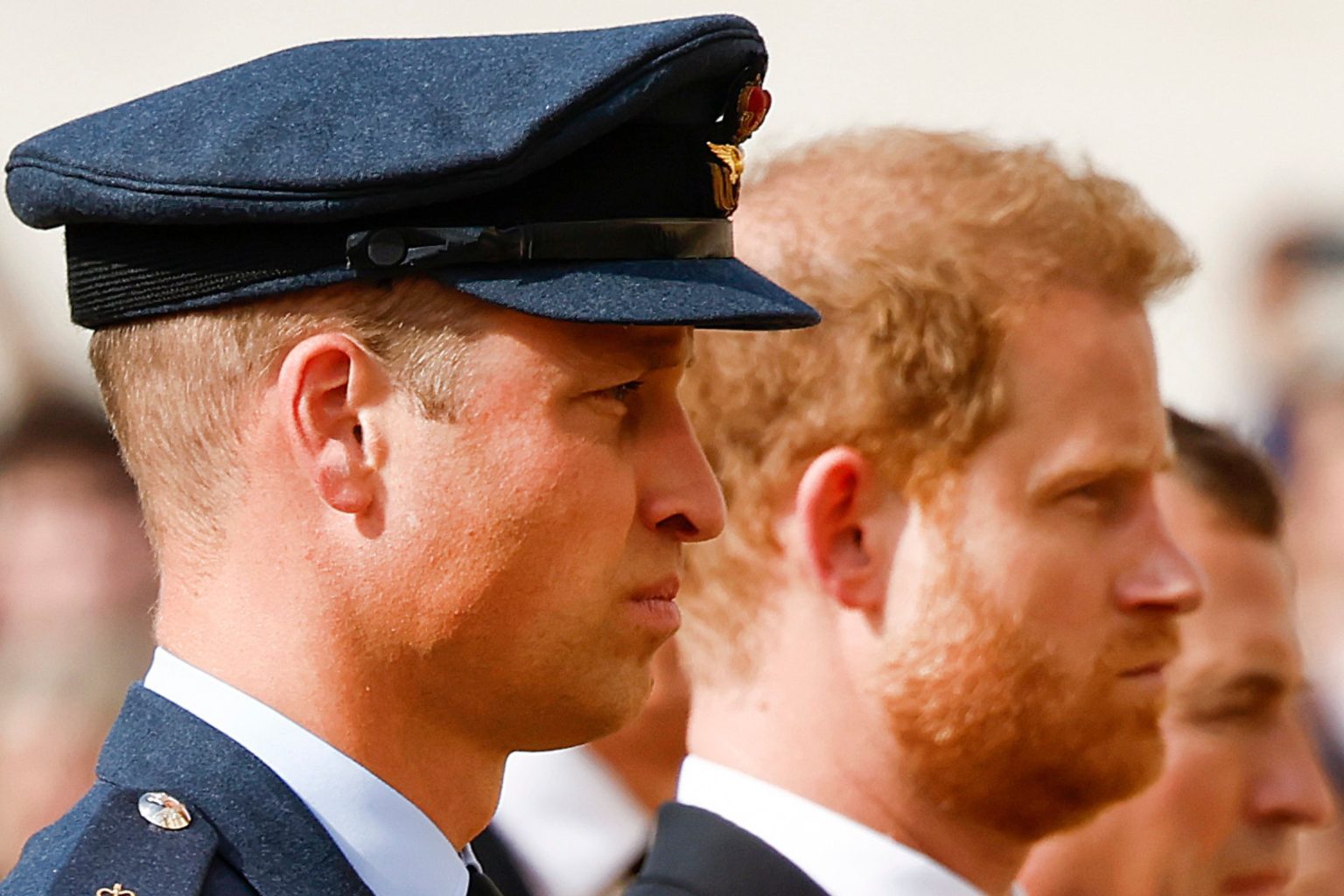The financial situations of Prince William and Prince Harry differ significantly due to their divergent career paths. While William benefits from the substantial income generated by the Duchy of Cornwall, a vast inherited landed estate, Harry and Meghan have forged a path in the private sector, leveraging their royal status for lucrative media deals. This contrast creates a complex comparison of their respective wealth, as William controls a billion-dollar estate generating a substantial annual income, while Harry and Meghan have amassed considerable sums through entertainment contracts and business ventures.
Prince William, as the Prince of Wales, now controls the Duchy of Cornwall, which provides him with a significant annual income. This income quadrupled after his father, King Charles III, ascended the throne, as William previously received only a portion of the Duchy’s proceeds. While the estate itself is valued at over a billion pounds, William’s control is limited as he cannot sell the assets. This distinguishes his financial position from that of Harry and Meghan, who have full control over their earnings. William’s income from the Duchy already surpasses tens of millions of pounds annually, putting him on track to potentially out-earn the reported value of Harry and Meghan’s Netflix deal in a relatively short period.
Harry and Meghan’s wealth is primarily derived from their ventures in the entertainment and business worlds. Their Netflix deal, reportedly worth $100 million, along with a Spotify deal and Harry’s book advance, form the foundation of their fortune. Meghan’s investments in various businesses further contribute to their income. However, the lack of publicly available financial information makes it challenging to accurately assess their net worth. Estimates suggest their accumulated earnings from these deals could reach substantial figures, which, if wisely invested, could generate a considerable annual income.
Comparing the two brothers’ financial situations requires considering different factors. While Harry and Meghan seemingly have a large lump sum to invest, William receives a substantial annual income. If Harry and Meghan were to adopt a conservative investment strategy, drawing a small percentage of their total capital each year, their annual income would be significantly less than William’s. Furthermore, William benefits from taxpayer-funded expenses, including security, a cost Harry and Meghan must bear privately, which, as Harry revealed, can amount to millions annually.
A key difference between the brothers’ financial positions lies in their control over their respective assets. William cannot sell Duchy assets, while Harry and Meghan have full autonomy over their investments. This allows the Sussexes to pursue higher-risk, higher-reward investment strategies in the stock market, potentially generating greater returns than the Duchy’s relatively stable but lower-growth income. Expert analysis suggests that Harry and Meghan, with shrewd investment management, could achieve significant growth in their wealth, possibly surpassing the Duchy’s returns.
Ultimately, the long-term financial trajectories of both couples remain uncertain. While William enjoys a stable and substantial income from the Duchy, Harry and Meghan’s wealth will depend on the performance of their investments. The Sussexes’ ability to generate substantial returns on their capital could potentially allow them to rival or even surpass William’s income in the long run. In addition to their media deals and business ventures, both brothers also inherited wealth from their mother, Princess Diana, and their grandparents, adding another layer of complexity to their respective financial landscapes.


